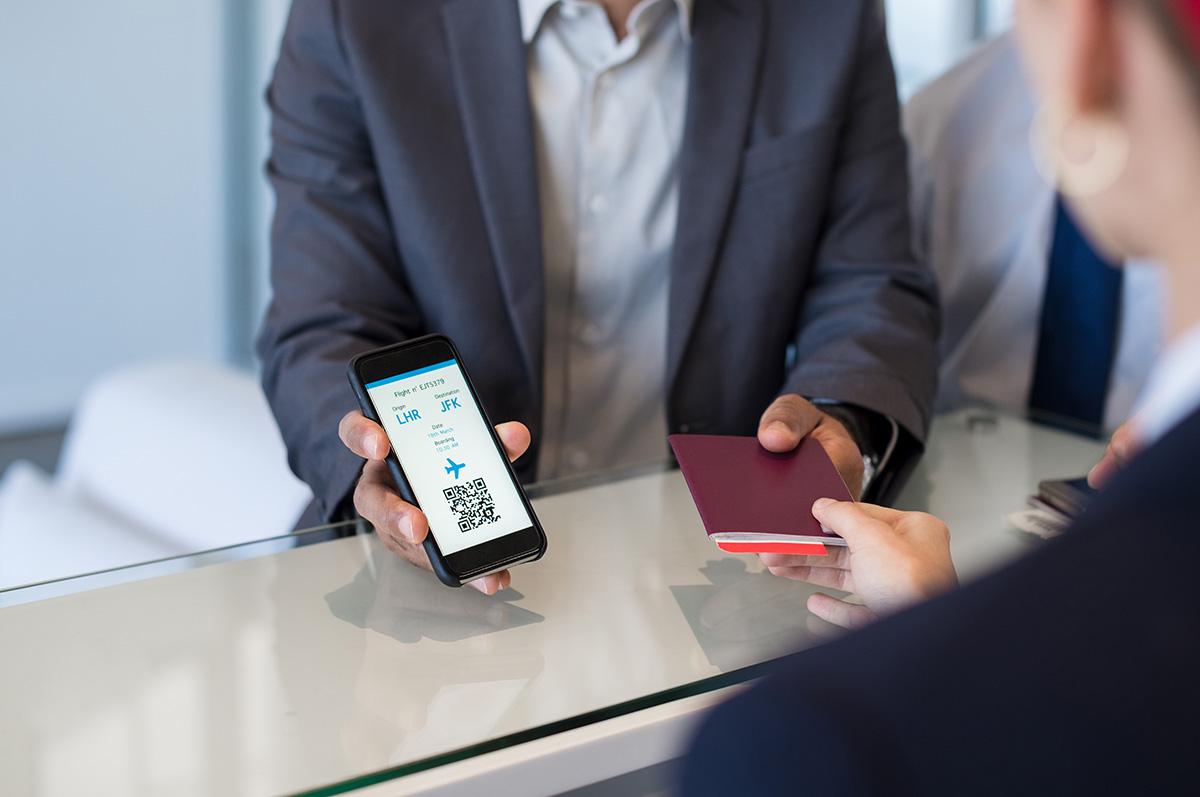Editorial: Ticket vouchers could save airlines, but need to be carefully handled

Airlines, especially US carriers, are going to have to tread a fine line in asking customers to accept vouchers for future travel instead of refunds on tickets bought before the global pandemic.
The reason why airlines want to go the voucher route is valid. IATA estimates that airlines face a second quarter liability of $35 billion on sold but unused tickets. If they refund those tickets, they could burn through more than $60 billion of their cash balances in the same period. For even the strongest airlines, which simultaneously will receive little to no income, that will be devastating. For many airlines, it will not be survivable.
But many governments have stepped up and provided financial aid packages that airlines and related industries can access. The US government is providing up to $58 billion in financial aid to help airlines, including $25 billion in grants for passenger carriers that must go toward employee pay and benefits and that is conditioned on them not involuntarily laying off employees through the end of September.
This is good and it will go a long way to staving off US airline bankruptcies and allowing them to more quickly restart operations and fuel the economy on the other side of the pandemic and recession.
But it also poses a dilemma when it comes to ticket refund policies, one that has been made clear by a group of US Democratic Senators who have written to US airline CEOs telling them they have “a moral responsibility” to provide proper refunds, not vouchers.
Their case is an easy one to make. Congress gave the airlines the financial assistance they requested and urgently needed to bridge the crisis. Now some in Congress want to see that support reciprocated. A record 3.28 million Americans applied for unemployment benefits in the second week of March and that number will soar through spring and summer. Those who bought tickets for travel that is no longer feasible or even allowable in the foreseeable future cannot necessarily see how or when they will be ready to use a voucher, especially if they are suddenly unemployed or have a sick family member. Like the airlines, they need cash—now.
So, what can airlines do to reduce that $35 billion liability while also acting in good faith with their customers?
There are a number of ways, but it starts—as in all crisis management—with clear and honest communications. Airline reservation agents are overwhelmed and many airlines are understandably encouraging people to use their websites. But many of their web site reassurances of honoring ticket values are vague or tagged to conditions. Given the severity and anticipated length of the effects of this pandemic, offering to waive change fees if travel was to be taken by May 31, as many airlines are saying, falls far short of an assurance. Few people in the west now believe they will be free to resume normal lives, let alone travel, from June 1.
Some airlines are pointing out that passengers should still bear in mind that when they rebook, there may be a difference in price for their new ticket that must be paid. What? If airlines desperately need to hold on to their customers’ money, maybe for a year, while providing no service, then these exceptional times demand exceptional demonstrations of customer service. Waive the change fees, provide maximum flexibility to provide like-for-like alternative travel when it is feasible, and push out the cutoff date for the lifting of normal rules, at least until the end of the second quarter.
Airline leaders and staff are enduring stress and workloads like never before—far outweighing even the awfulness of 9/11. But the difference in 2020 is that just about every one of their customers is similarly under severe stress, has health, family and income concerns, and is deeply worried about their future. They are devastated at long-planned vacations, weddings and get-togethers vanishing into a COVID-ridden atmosphere.
Airlines were right to ask for government aid in this crisis and it should be given. Airlines are also right, given the dire circumstances, to request flexibility from their customers on issues like ticket refunds. But that second request should only be that—a request not a demand. Their chances of holding on to customer money will be much higher if they couple that request with a meaningful demonstration of appreciation.
Karen Walker/ATW [email protected]
